
The Bank of Ghana‘s 2023 Annual Report and Financial Statement says that the Monetary Policy Committee (MPC) maintained a tight monetary policy stance during the year under review, which together with relative exchange rate stability, allowed for a smooth
disinflation process.
From the peak of 54.1 per cent at end-2022, headline inflation more than halved to 23.2 per cent by the end of 2023, the report said.
Both food and non-food inflation declined sharply by over 30 percentage points during the period, in line with the monetary policy stance, it added.
Additionally, it said, underlying inflationary pressures eased, evidenced by the downward trend in all the core inflation measures. Growth momentum also picked up pace in the year, despite the tight policy stance.
“The external sector position also improved, with a provisional balance of payments surplus of US$461.6 million in 2023, from a deficit of US$3.64 billion a year earlier, on account of improvement in the current accounts and lower outflows from the capital and financial accounts.
“In addition, the domestic gold purchase programme, inflows from the mining and oil sectors, as well as liquidation of some short-term external liabilities, boosted international
reserves (excluding encumbered assets and petroleum fund) to US$3.66 billion at end-2023, relative to US$1.45 billion in 2022. The increased reserve levels provided support for
the foreign exchange market,” the Governor of the Bank of Ghana Dr Ernest Addison said in the foreword of the report.
Below is his full comments…
In 2023, the global economy was characterised by uncertainties in the first half of the year. Despite these uncertainties, global economic activity rebounded in the second half of the year, amid solid demand and resilient labour markets.
Global inflationary pressures also eased substantially, though headline inflation remained above target in many countries. The deceleration was driven, in large part, by declines in energy and food prices.
This led to a pause in policy rate hikes by several central banks, but the lagged effects of previous policy tightening measures kept global financing conditions tight in the near-term.
In the domestic economy, following the Staff Level Agreement reached with the IMF in December 2022, the year began with some degree of optimism. Implementation
of prior actions, including implementation of the challenging Domestic Debt Exchange Programme (DDEP), and signing of the Memorandum of Understanding between the Bank
of Ghana and the Ministry of Finance on zero financing of the budget, paved way for the approval of an IMF Extended Credit Facility of US$3 billion, over a three-year period.
The programme detailed corrective policies, including stringent fiscal and monetary policies to help restore macroeconomic stability and debt sustainability, while laying the foundation for inclusive growth.
The Monetary Policy Committee (MPC) maintained a tight monetary policy stance during the year, which together with relative exchange rate stability, allowed for a smooth
disinflation process. From the peak of 54.1 per cent at end-2022, headline inflation more than halved to 23.2 per cent by the end of 2023.
Both food and non-food inflation declined sharply by over 30 percentage points during the period, in line with the monetary policy stance. Additionally, underlying inflationary pressures eased, evidenced by the downward trend in all the core inflation measures. Growth momentum also picked up pace in the year, despite the tight policy stance.
The external sector position also improved, with a provisional balance of payments surplus of US$461.6 million in 2023, from a deficit of US$3.64 billion a year earlier, on account of improvement in the current accounts and lower outflows from the capital and financial accounts.
In addition, the domestic gold purchase programme, inflows from the mining and oil sectors, as well as liquidation of some short-term external liabilities, boosted international
reserves (excluding encumbered assets and petroleum fund) to US$3.66 billion at end-2023, relative to US$1.45 billion in 2022. The increased reserve levels provided support for
the foreign exchange market.
The Bank of Ghana recorded a loss in 2023 in line with the experiences of some central banks globally as a result of the cost incured in delivering on their primary mandate
of price stability. With interest rates at high levels, the cost of conducting open market operations surged in 2023, contributing to high interest expense.
In addition, impairments on newly issued Government of Ghana Bonds, per IFRS standards, added to the loss position reported in the year. On the income side, the improvement in interest income and earnings derived from the Bank’s foreign investments could not keep pace with total expenditures. As a result, the Bank recorded a loss of GH¢ 10.5 billion, compared with a loss of GH¢ 60.8 billion in 2022.
Notwithstanding the loss, the overall operations of the Bank were effective enough, and this helped the Bank to defend its mandate of bringing inflation down. Inflation declined significantly in the year, falling from 54.1 per cent in December 2022 to 23.2 percent in December 2023. The Bank continued to be policy solvent as the total income earned from the Bank’s group operations was enough to cover the costs associated with the conduct of monetary policy operations.
The Bank will continue to pursue policies geared towards high operational efficiency and, together with steps that have been initiated to recapitalise the Bank, the expectation is that positive equity will be restored?in the medium-term.
In 2023, the banking sector bounced back from the earlier losses recorded in 2022, as the effects of the DDEP waned, alongside improvement in the macroeconomic environment.
Prudential returns submitted by banks indicated strong performance, with the key financial soundness indicators remaining broadly positive.
The industry’s Capital Adequacy Ratio was 13.9 per cent at the end of December 2023, above the revised prudential minimum of 10.0 per cent.
To deepen financial inclusion and drive broad-based growth, the Bank continued to implement policies and deployed regulatory tools to promote digital financial services. The
first cohort of the Regulatory Sandbox was launched during the year to support innovations in the areas of new digital business models and further enhance the financial inclusion
agenda.
During the year, the Bank organised a maiden e-Cedi Hackathon to encourage innovation, knowledge exchange, and partnerships to promote local digital financial services.
The hackathon gained attention from both domestic and international stakeholders and the winner was eventually crowned in December 2023.
The Bank continued to improve the cyber environment for banks and other regulated financial institutions to promote the delivery of a safe digital financial industry. In the year, the Bank formally launched the Financial Industry Command Security Operations Centre (FICSOC), a project initiated in November 2020, to address cyber risks on a broader level.
The FICSOC serves as an intelligence-sharing platform to continuously monitor and safeguard regulated financial institutions and the banking industry from cybersecurity threats. In the review year, the Bank continued to coordinate, monitor, and evaluate risks within its operational areas.
To assess system resilience, criticality tests of the Bank’s systems were successfully conducted. Also, a strong organisational culture was maintained with programmes
and activities to improve the level of ethical awareness and ensure reinforcement of the Bank’s core values among staff. Building intellectual capital of staff remained a priority
throughout the year.
To this end, the Bank continued to implement the Human Capital Support Project and conducted Employee Satisfaction Surveys, both aimed at enhancing staff competencies and improving human resource functions.
Let me conclude by saying that 2023 was a challenging year, but at the same time fulfilling in terms of the progress made in unwinding the macroeconomic imbalances, as well
as promoting financial stability. I would like to thank the Board, the MPC, and Staff of the Bank for their unflinching support and hard work. I have the fervent hope that next
year, we will continue to maintain our focus and remain committed to the pursuit of the policies and programmes that contributed to the emerging recovery process in order
to consolidate the gains achieved so far.
The post Domestic gold purchase programme, inflows from mining & oil sectors boosted Ghana’s int’l reserves – BoG first appeared on 3News.
Read Full Story
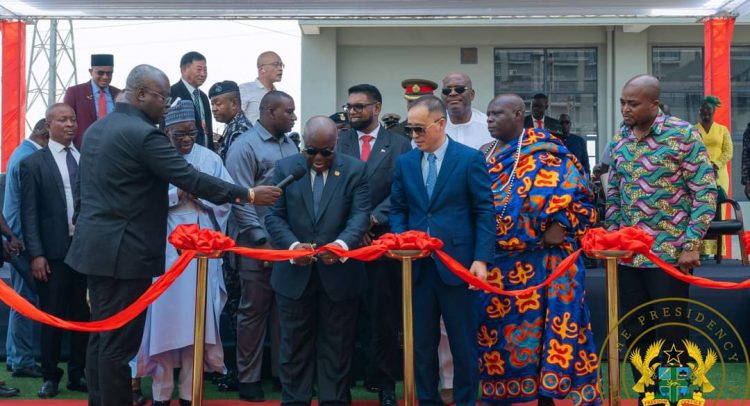

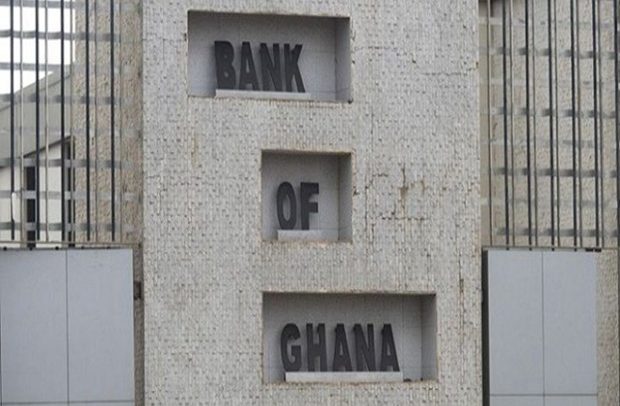

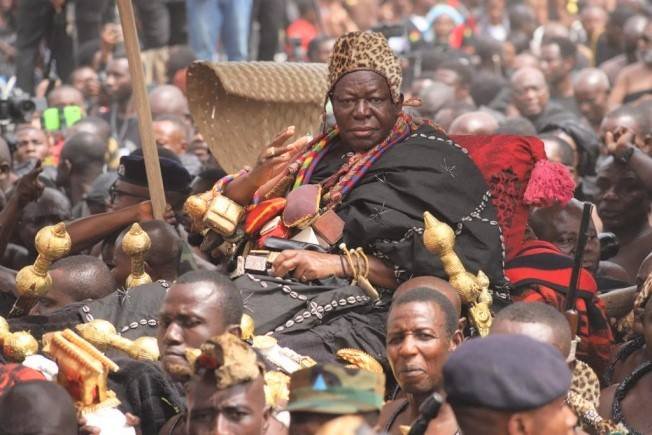






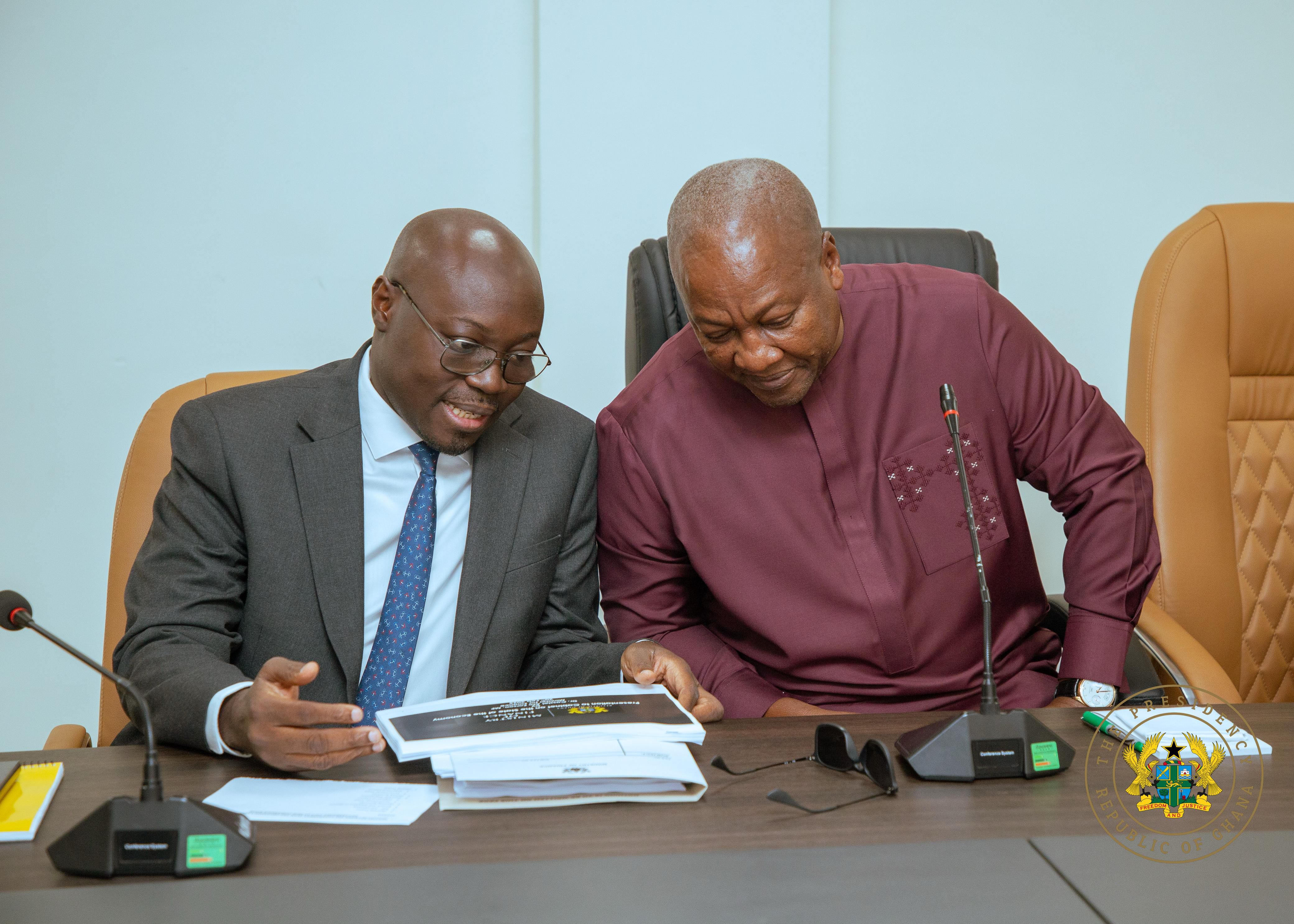




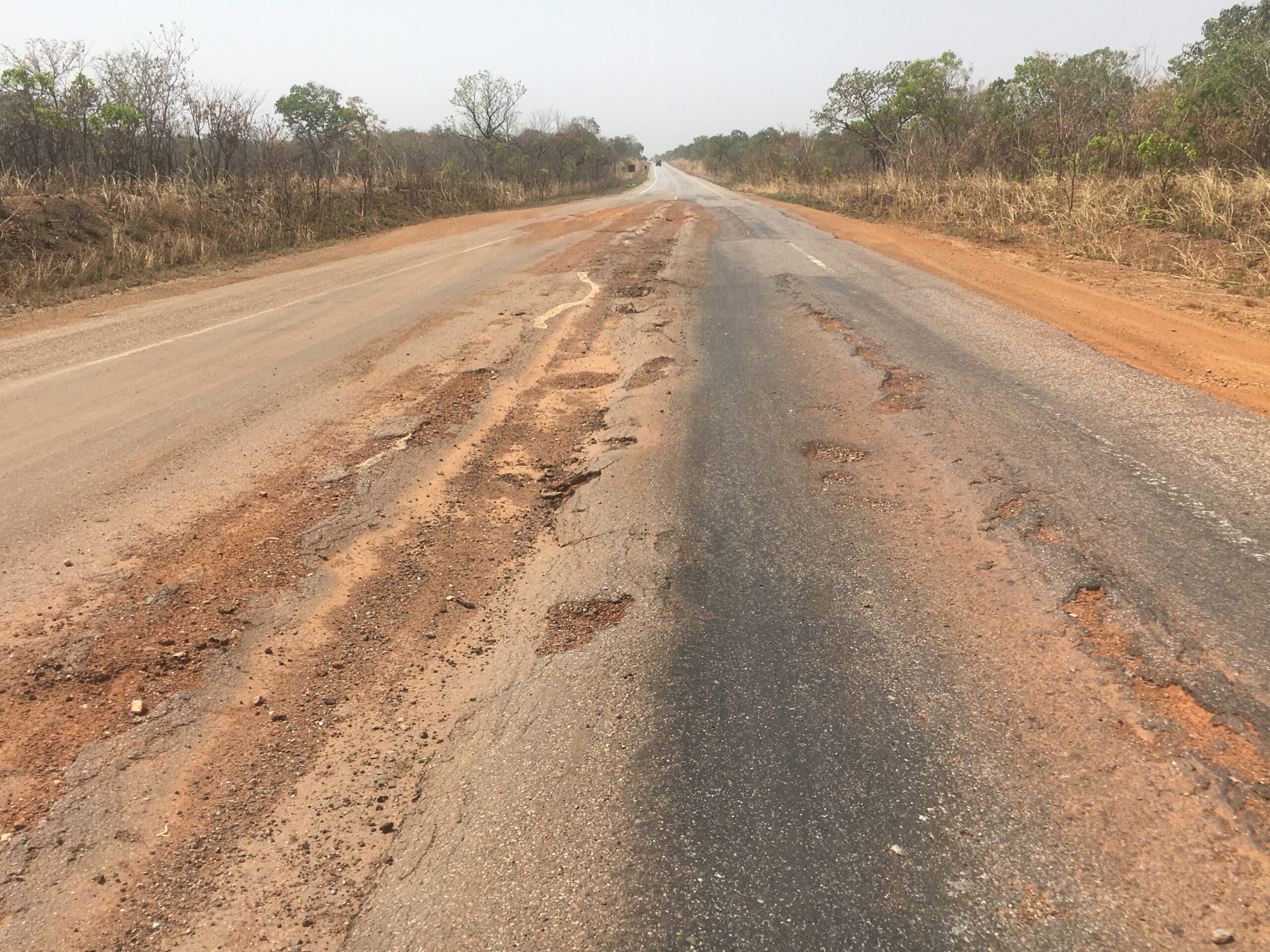
Facebook
Twitter
Pinterest
Instagram
Google+
YouTube
LinkedIn
RSS